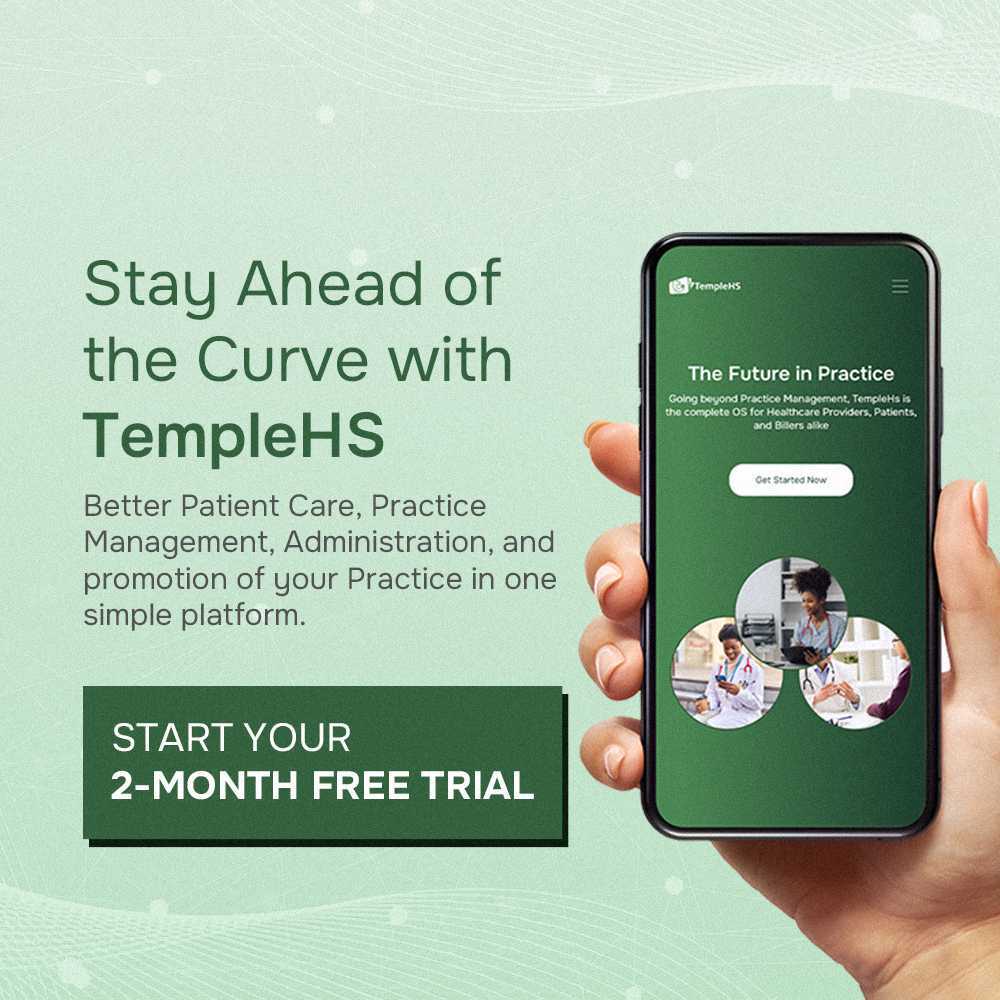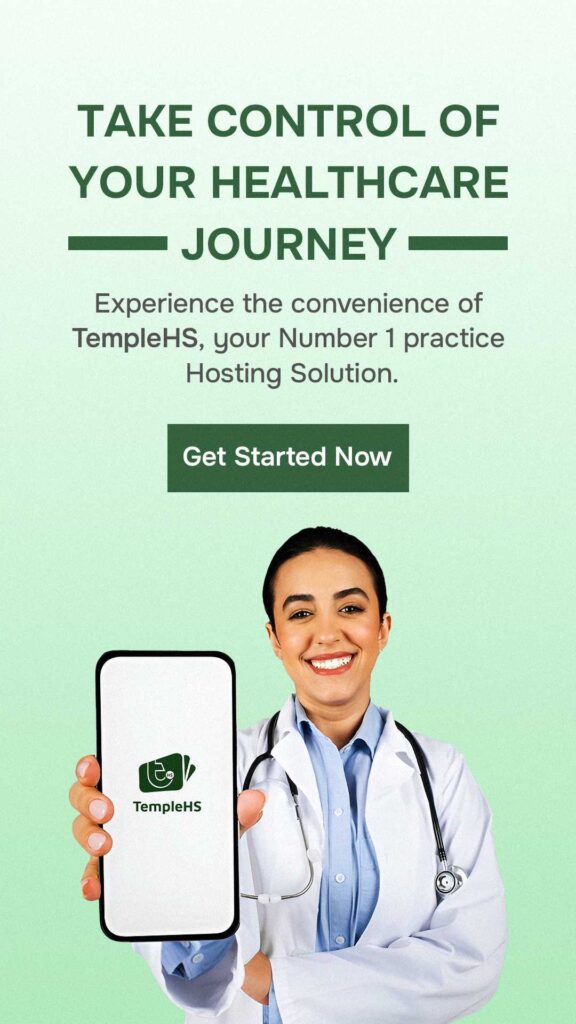Working in a medical setting can be incredibly stressful, for a number of reasons. There are often long hours, high stakes, and a constant demand for perfection. This can take a toll on both physical and mental health. Fortunately, there are a number of things that healthcare professionals can do to manage stress and improve their well-being.
This post outlines six simple techniques that can help busy medical professionals de-stress and lead healthier, more productive lives.
Simple Techniques to Manage Stress in a Busy Practice
1. Prioritize and Organize Tasks
Efficient task management is foundational in mitigating stress within a bustling medical environment. By distinguishing the day’s most urgent duties from less critical ones, healthcare professionals can navigate their workload more effectively. This stratification aids in focusing efforts where they are most needed, reducing the anxiety that comes from a seemingly insurmountable number of tasks.
Using organizational tools like to-do lists or digital applications can streamline this process, offering a clear overview of daily objectives and progress. This method not only enhances productivity but also instills a sense of accomplishment as items are checked off, further alleviating stress.
2. Practice Mindfulness and Meditation
Mindfulness and meditation are powerful tools for stress reduction, fostering a state of calm and present-mindedness amidst the chaos of medical practice. Engaging in these practices, even briefly, can have profound effects on mental well-being, diminishing the sense of being overwhelmed and enhancing concentration.
Incorporating mindfulness exercises or short meditation sessions into the daily routine of medical practice, such as beginning meetings with a minute of focused breathing, can significantly improve the work atmosphere. These practices aid in resetting the mental state, allowing healthcare providers to approach their tasks with renewed focus and clarity.
3. Effective Communication
The importance of clear and effective communication in a medical setting cannot be overstated. It is vital for preventing misunderstandings and conflicts, which are significant stressors. Good communication involves not just speaking but also active listening, ensuring that all parties feel heard and understood.
This can improve patient care by fostering a more empathetic and efficient interaction, and it can enhance teamwork by building trust and cooperation among colleagues. By developing communication skills and encouraging an environment where open and respectful dialogue is the norm, medical practices can significantly reduce stress levels.
4. Take Regular Breaks
Regular breaks are essential for preventing burnout in high-stress environments. Short pauses in the workday, such as a brief walk or some stretching exercises, can rejuvenate the mind and body. These breaks provide a necessary detachment from work, allowing healthcare professionals to return to their duties with increased energy and a fresh perspective.
Encouraging a workplace culture that recognizes the importance of breaks can help normalize them, ensuring that staff members feel comfortable taking time to recharge without fear of being perceived as less dedicated.
5. Delegate When Possible
Delegation is a key strategy in managing workload and reducing stress. Recognizing that one individual does not need to shoulder all responsibilities allows for a more balanced distribution of tasks.
Delegating effectively requires trust in colleagues’ abilities and a willingness to share responsibilities, which can foster a more collaborative and supportive work environment. This not only lightens the load for overwhelmed individuals but also contributes to a sense of team cohesion and mutual support, enhancing the overall functioning of the practice.
6. Practice Self-Care
Self-care is crucial for maintaining mental and physical health, particularly in high-stress professions. Engaging in activities outside of work that bring joy and relaxation can significantly counteract the pressures of the job. Whether it’s physical exercise, hobbies, or spending time with loved ones, these activities can provide a much-needed balance to the demands of medical practice.
Also, maintaining healthy lifestyle choices such as adequate sleep, balanced nutrition, and regular physical activity strengthens resilience to stress, making healthcare professionals better equipped to handle the challenges of their work.
Use TempleHS to Streamline Your Medical Practice
TempleHS offers a comprehensive suite of tools designed to streamline operations within medical practices, thus contributing significantly to stress reduction among healthcare professionals. By optimizing patient wait times, TempleHS ensures a smoother flow of appointments and less congestion in clinics, which can significantly alleviate the stress on staff and improve patient satisfaction. The platform enables online appointments and check-ins, reducing the burden on front-desk staff and minimizing patient queue times. Real-time scheduling adjustments and dedicated spaces for different services facilitate efficient patient flow throughout the day.
TempleHS supports effective communication strategies and thorough documentation practices, which are crucial for safeguarding against medical malpractice claims — a significant source of stress in medical environments. By ensuring clear and compassionate communication with patients and maintaining comprehensive medical records, healthcare providers can minimize the risk of misunderstandings that could lead to legal disputes.
By leveraging TempleHS, medical practices can adopt a more organized and efficient approach to patient management and communication. This not only enhances the quality of care provided but also creates a more relaxed and stress-free work environment for healthcare professionals.
Conclusion
Working in a medical setting can be incredibly stressful, and it’s important for healthcare professionals to find ways to manage stress in order to maintain their physical and mental health. This post has outlined six simple techniques that can help busy medical professionals de-stress and lead healthier, more productive lives. These techniques include prioritizing and organizing tasks, practicing mindfulness and meditation, communicating effectively, taking regular breaks, delegating when possible, and practicing self-care.
Also, utilizing TempleHS can help medical practices streamline operations and reduce stress levels. By following these tips, healthcare professionals can improve their quality of life and provide better care for their patients.



